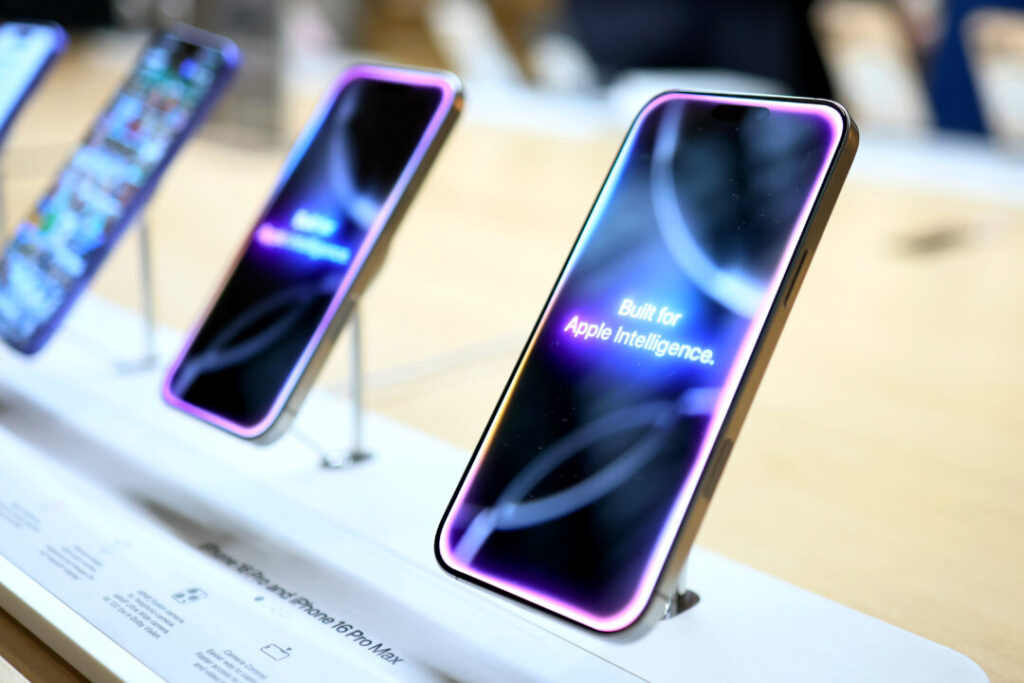Tech companies like Apple are gaining relief from the exemption.
President Donald Trump has exempted the scope of e-category, particularly from mutual tariffs during imports into the United States.
This item is exempt from the tariffs that Trump is imposed on the country and is exempt from the 145% tariff imposed on China, the leading manufacturer and supplier of all these components.
Tariff relief will boost tech companies like Apple, which have seen stocks decline since Trump announced tariffs were in place on April 2.
Apple’s stock fell almost 23% as it fell from $223.89 on April 2 to $172.42 on April 8. The company’s sales loss reached nearly $6400 billion. It has since recovered partially and is trading at $198.15 at the time of publication.
Other items included in the announcement are display modules such as routers, modems, network switches, SSD storage devices, USB drives, SD cards, LCDs, OLEDs, computer monitors, specific transistors, solar cells, LEDs, microchips, microchips, memory chips, and more.
Trump has announced mutual tariffs in retaliation against trade barriers imposed by countries importing US goods. A 10% baseline global tariff was implemented along with country-specific customized tariffs based on the trade stance against the US.
Meanwhile, Trump has suspended tariffs in all other countries to negotiate better US trade deals.
Trump’s tariffs have also caused volatility in the US and global markets, affecting bonds and Treasury yields.
On April 8, China’s central bank, the People’s Bank of China, set the Original Central Parity Rate at 7.2038, marking the first time since September 2023 that the rate has surpassed the 7.20 threshold.
As of April 11th, the exchange rate was approximately 7.291 yuan per US dollar.
The original forced depreciation is one of the reasons why Trump imposed severe penalties on the administration, stealing IP, dumping products in foreign markets, and maintaining a massive trade imbalance with the United States.
Cindy Li contributed to the report.



